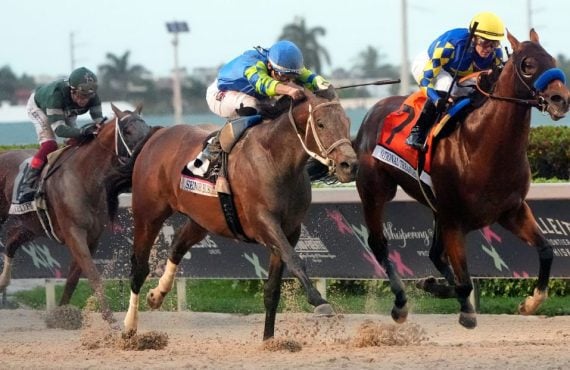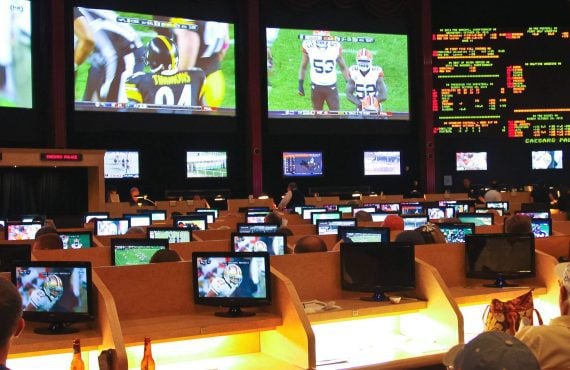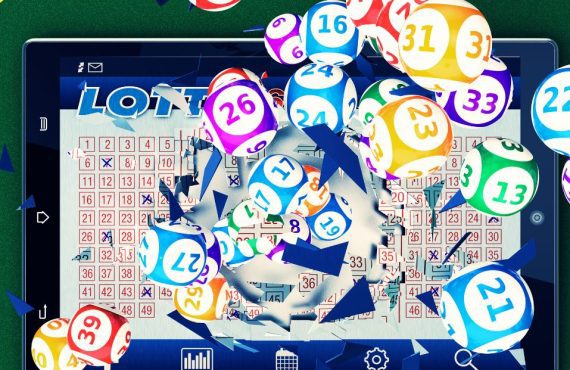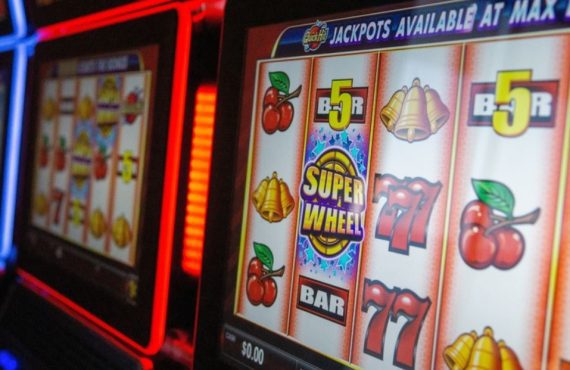
New Jersey legalized online casinos when former Gov. Chris Christie signed Assembly Bill A2578 in February 2013. This bill amended the New Jersey Casino Control Act, permitting each of the 11 land-based casinos in Atlantic City to launch an online casino.
The first online casinos were cleared to launch in November 2013. By that point, the New Jersey Division of Gaming Enforcement (DGE) had tested and approved 253 online casino games. Borgata, Caesars, Golden Nugget, and Tropicana all took part in the soft launch.
Initially, each Atlantic City casino was only permitted to launch a single online casino. The launch was deemed a success, and when operations were running smoothly, the DGE decided to allow each land-based casino to host up to five online casino “skins” on its permit.
That significantly increased the number of online casinos that could launch in the Garden State. There are nearly 30 New Jersey online casinos, including popular apps like FanDuel Casino, BetMGM NJ, DraftKings Casino, Borgata, and Caesars Palace Casino. They must pay a flat 15% tax on revenue earned from online casino gaming.
New Jersey also has more licensed software providers than any other state. That means NJ online casinos typically host a larger selection of games than their counterparts in other states. For example, there are more than 4,700 online slots at BetMGM in New Jersey, whereas BetMGM only hosts approximately 750 online slots in West Virginia.
NJ online casinos can also host virtual table games, video poker, live dealer games, variety games, virtual sports, video bingo, and live bingo.

Gov. Christie also legalized online poker when he signed Assembly Bill 2578 in 2013. The DGE cleared online poker rooms to launch in November 2013. Borgata Poker, PartyPoker, and WSOP.com were the first online poker sites to go live in New Jersey. They had to undergo a five-day soft launch period, and full operations then began.
New Jersey also joined forces with Delaware and Nevada to create the Multi-State Internet Gaming Agreement (MSIGA) in 2013. That interstate gaming compact allowed them to pool players, meaning players in New Jersey could sit at a virtual table alongside players in Delaware and Nevada.
There are now five online poker rooms in New Jersey, as BetMGM Poker and PokerStars have joined Borgata Poker, PartyPoker, and WSOP.com. BetMGM, Borgata, and PartyPoker are all part of the same group, co-owned by Entain and MGM Resorts International, so they share the same pool of players in New Jersey.
NJ online poker rooms are permitted to host tournaments and cash games. They cover Texas Hold’em, Omaha, Omaha Hi/Lo, and other variants. Online poker rooms also pay a 15% revenue tax in New Jersey, although some lawmakers are trying to increase those rates.

In November 2011, New Jersey voters approved a measure seeking to legalize sports betting by a 2-to-1 margin. Gov. Christie responded to the referendum result by signing Senate Bill S3113 in January 2012.
That bill legalized sports wagering in New Jersey. The goal was to rescue the Garden State’s struggling casino and horse racing industries, which had been jeopardized by the rollout of casinos in neighboring Pennsylvania.
However, there was just one problem: sports betting was still illegal at a federal level. Nevada had an exemption, allowing sportsbooks to flourish in Las Vegas, but states like New Jersey were prevented from launching online and in-person sportsbooks.
New Jersey set out to overturn the ban, which was called the Professional and Amateur Sports Protection Act of 1992 (PASPA). The National Collegiate Athletic Association and the professional sports leagues opposed the state’s plans, and a lengthy legal battle ensued.
It finally ended in May 2018, when the US Supreme Court overturned PASPA. The decision in the Murphy v. National Collegiate Athletic Assn. case invalidated the federal law, paving the way for each state to legalize sports betting if it wanted to.
Gov. Phil Murphy wasted no time in signing Assembly Bill A4111, which legalized online and in-person sports betting. He placed the first legal sports bet at Monmouth Park’s new brick-and-mortar sportsbook on June 14, 2018.
The first online sportsbooks launched in August 2018. That made New Jersey the first state to offer legal online sports wagering in the post-PASPA era. There are now more than 20 online sportsbooks in the Garden State, which are required to operate on the master licenses of land-based casinos.
They can take bets on professional and college sports, but they are not permitted to accept wagers on college games featuring teams based in the state. Online sportsbooks pay a 14.25% revenue tax in New Jersey.

Gov. Christie signed Assembly Bill 3532, a bill legalizing fantasy sports contests, in August 2017. Fantasy sports apps like FanDuel and DraftKings had been accepting players in New Jersey for several years at that point, but the bill provided an official regulatory framework for them.
Anyone aged 18 or older can also place bets at online racebooks in New Jersey. There are three sites to choose from: TVG, 4NJBets, and MonmouthBets. They operate under the legal framework laid down by the New Jersey Racing Commission.
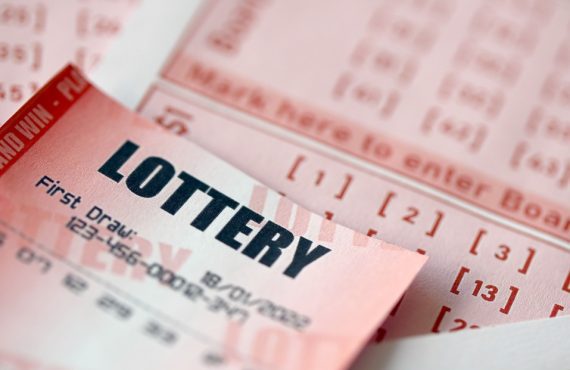
New Jersey has not yet legalized internet lottery (iLottery) games, so you cannot buy tickets or play instant win games online. However, the Garden State does permit online lottery courier services like Jackpocket and Lotto.com to operate.
In December 2016, the state legislature approved the Lottery Courier Act. Gov. Christie quickly signed it into law, making New Jersey the first state to legalize lottery courier services.
You can sign up, make a deposit, and then instruct the site or app to buy a lottery ticket on your behalf. A member of the team will visit a licensed lottery retailer in New Jersey, purchase a physical ticket, and upload a copy on your online account.
The ticket will be held in a secure storage facility. If you win up to $600, the funds will be credited to your online account. In the event that you win a larger prize, the physical ticket will be sent to you by courier, allowing you to claim your winnings in-person or by mail.




